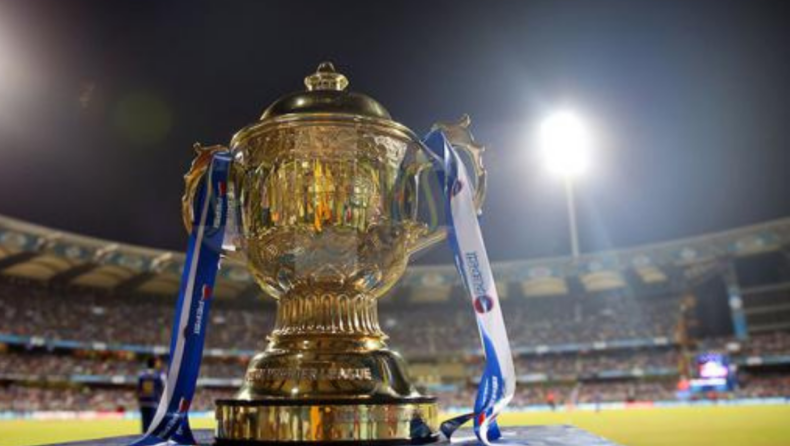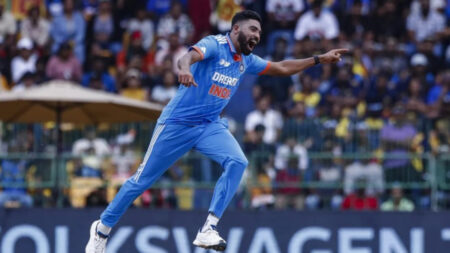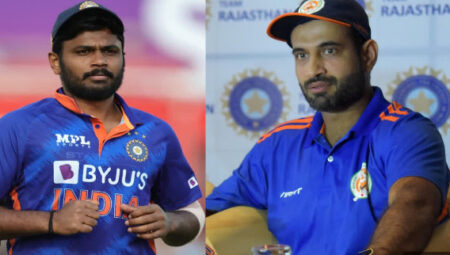In the IPL media rights issue, the Bombay high court creates a rule against BCCI. It took longer to give the verdict in this case because of the third wave of the COVID-19 pandemic and other work-related issues. The Board of Control for Cricket in India has revoked the media rights of World Sport Group (India) Pvt. Ltd.
in relation to the Indian Premier League (IPL) for all territories outside of the Indian subcontinent, including the United States. On March 18, 2021, Justice Colabawala heard a lot about the case and put it on hold. The whole thing was about a tender that BCCI put out in 2007 for media rights for the IPL for 10 years, from 2008 to 2017. WSGI was the winner of the IPL’s global media rights, which cost about $1 billion.
Pre-bid talks began with MSM, which had a TV network in India, because WSGI was not a broadcaster but only an agent for media rights. For its own business reasons, MSM didn’t want to sign a sub-licensing agreement with WSGI. Instead, it wanted to sign a direct Media Rights License Agreement [MRLA] with BCCI for India rights until 2012 for USD 275.40 million.
BCCI and WSGI signed another MRLA for the rights to play in India for $550 million and for the rest of the world for $92 million until 2017. This MRLA was for the rights until 2017. As a result of this, the first IPL was a huge success. The BCCI terminated its MRLA with MSM on March 14, 2009, which meant that the BCCI now owns the rights to the IPL in India.
The Board wanted to re-auction or re-sell the India rights for the IPL from 2009 to 2017 for a higher fee. WSGI and WSGI agreed to end their contract with BCCI at the start. This is why. With this agreement, BCCI and WSGI came to an end to the composite MRLAs they had signed. According to WSGI, it agreed to a mutual termination of the first MRLA in order for BCCI to get a higher fee for the India rights for the period 2009–2017.
The India rights for the period 2009–2017 would then be licenced to WSGI, or its nominee, WSGM, which would allow WSGI to get a premium for giving up its India rights for the period 2013–2017. Another condition was that BCCI would sign a new MRLA with WSGI that would reinstate WSGI’s RoW rights for the years 2009 to 2017 on the same terms and conditions as the first MRLA between BCCI and WSGI.
BCCI later said that all of the agreements made in 2009, including the DMAT, were part of a scam that allowed them to end the second MRLA with WSGI. BCCI said that all of the agreements were made only to send money to WSGM, which is a sister company of WSGI. This shows that both companies were involved. The alleged fraud by BCCI was that BCCI was supposed to get the money under the facilitation deed.
Because WSGI companies had cheated, BCCI could cancel the MRLA for RoW rights because they had done so. WSGI tried to stop the rescission from going through in arbitration. Of the three people on the tribunal, two of them agreed with the BCCI’s decision to cancel the agreement.
In the High Court, WSGI tried to stop this majority award from being given out. In 2009, WSGI said that because of the agreements that were made, the BCCI got about $179 million. WSGI said the arbitral tribunal made a big mistake if they didn’t think about this huge benefit that BCCI got and that BCCI kept the same.
WSG tried to stop the arbitration from going through with the rescission, but it didn’t work. In the tribunal, there were three people. Two of them agreed with the BCCI’s decision to end the agreement. They went to court when WSGI tried to stop them from getting this majority award, so they could not get it. When the BCCI signed a deal in 2009, the money came from that deal.
They said that this was a huge benefit to BCCI and the fact that BCCI kept the same was a mistake by the arbitral tribunal. ID.” They should have taken into account what BCCI would have gained from the agreements when they came up with their plan. He agreed with them. If you think about it, it makes sense that you can’t both praise and criticise at the same time. A party can’t be hot and cold at the same time, be quick and loose, or applaud and scold at the same time.
In the case of a contract, when one party agrees to its terms, the other party can no longer say that the contract isn’t valid or that it is binding on him. In order to use an instrument, you have to agree with everything that is written about it. The court said that it was true.
He didn’t say this was the only thing he had to say about the majority decision. It didn’t say why BCCI should get paid for putting together a meeting with a group of other people. With so much important evidence missing from the majority decision, it made it hard for him to believe that the majority had made the correct decision. With all due respect to the arbitrators who made the majority decision, this award can’t stay in place, the judge said.
Published By : Ankit Singh
Edited By : Khushi Thakur













